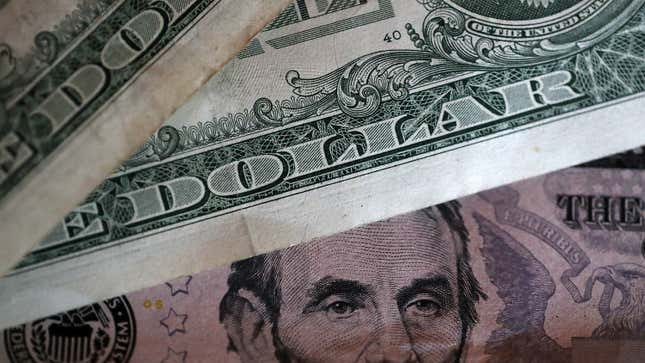
Around 20 million Americans have tried to raise money through crowdfunding websites to pay off their or someone else’s medical bills, a new survey out Wednesday estimates. Meanwhile, one in five Americans has donated to these campaigns at least once, a third of the time to complete strangers.
The survey comes from the NORC at the University of Chicago, an independently run social research institution affiliated with the university. A nationally representative sample of over 1,000 adults were polled about their experiences with crowdfunding campaigns and their attitudes on providing health care to people who otherwise can’t afford it.
According to the survey, some 8 million Americans have tried to crowdfund for their own medical expenses, while 12 million have started a campaign for someone else. An estimated 50 million Americans have donated to these campaigns. Forty-six percent of donors said they had given to friends, 35 percent to strangers, and 24 percent to relatives.
“As annual out-of-pocket costs continue to rise, more Americans are struggling to pay their medical bills, and millions are turning to their social networks and crowdfunding sites to fund medical treatments and pay medical bills,” said Mollie Hertel, senior research scientist at NORC, in a statement released by NORC. “Although about a quarter of Americans report having sponsored or donated to a campaign, this share is likely to increase in the face of rising premiums and out-of-pocket costs.”
The survey doesn’t tell us how often these campaigns succeeded, but other research has suggested that few do.
The most popular site for medical crowdfunding is GoFundMe, which allows people to keep any amount they raise. A 2017 study of 200 health-related campaigns on GoFundMe found that the vast majority (90 percent) had failed to meet their goal over a six-month span. Another study in 2019 of cancer-related GoFundMe campaigns found that people only raised, on average, a quarter of their goal.
Aside from these sites being a bandaid on the gaping wound that is the American health care system, experts have routinely criticized the crowdfunding industry for doing little to stop medical quacks and charlatans from profiting through them. Millions have been donated to fund experimental or alternative medical treatments for life-threatening conditions that have no evidence to support their effectiveness.
Plenty of Americans seem sick of the current state of affairs. In the same NORC survey, around 85 percent agreed that the government or hospitals should bear at least some responsibility for providing help to people when their medical care is unaffordable, with 60 percent agreeing that the government has a great deal of responsibility in doing so.
On a related note, a Lancet study from Yale researchers last week found that if the U.S. switched to a single-payer, Medicare-for-all system, the country as a whole would save $450 billion in health care costs annually, while more than 68,000 fewer people would die every year.